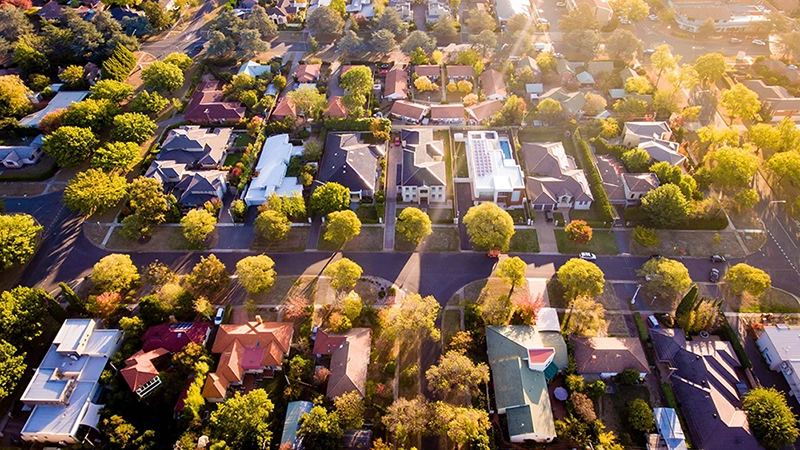Updated: 09 May, 2025
The Reserve Bank of Australia (RBA) has decided to leave the cash rate target unchanged at 4.35% during its December 2024 meeting.
Why Did The RBA Hold The Cash Rate In December 2024?
In its latest statement, the RBA outlined several key reasons for its decision:
- Persistent Inflation: Although inflation has decreased since its peak in 2022, it is still higher than the RBA’s desired 2-3%. The current underlying inflation rate is around 3.5%, which is above the desired level, indicating that inflationary pressures are still present.
- Sluggish Economic Growth: Australia’s GDP growth has been slow, increasing by only 0.8% over the year to September. This is the slowest growth rate since the early 1990s (excluding the pandemic period). That said, some positive signs are emerging. Data from October and November shows a slight recovery in consumer spending, but the RBA remains wary of whether this will last.
- Strong Labour Market: Despite a slight rise in the unemployment rate, to 4.1% in October from 3.5% in late 2022, the labour market remains strong. High employment rates, record participation levels, and many job vacancies show that the workforce is strong, which helps boost consumer confidence and spending.
- Wage Growth and Productivity: Wage growth has slowed more than expected, with the Wage Price Index increasing by 3.5% over the year to the September quarter. However, labour productivity growth remains weak, which could affect long-term economic performance.
- Global Economic Uncertainties: The global economy remains a wild card. Many central banks around the world are also keeping interest rates high to fight inflation, but risks like geopolitical tensions and uneven recoveries make the outlook unpredictable.
The RBA emphasised its commitment to reducing inflation to its target range of 2-3%, which remains its top priority. While it is cautiously optimistic about current trends, the board stressed that it is prepared to act if necessary to keep inflation under control. For now, the RBA is holding firm, keeping interest rates high to prevent a resurgence of inflation while the economy continues to adjust to slower growth. Future decisions will depend on the latest data and how risks evolve.
What Do Our Experts Say About The RBA’s Decision?
Alan Hemmings, CEO of Home Loan Experts, commented, “No change, not surprisingly.
I think there will be real pressure on the RBA to move earlier than expected. The board will continue to use underlying inflation and low unemployment as its reasons not to cut rates, but I think as we head into a federal election, more pressure will be placed on interest rates and why the board isn’t moving to cut them.
“I suspect the governors believe inflation is still not under control.
“Realistically, households are suffering. Property in Sydney and Melbourne is now retreating in price, serviceability for new borrowers (particularly in Sydney, Melbourne and now Brisbane) is affected by higher rates. I am not sure what the RBA is waiting for. Australians will still spend money this month, it is Christmas, but longer term, if rates do not reduce, we will go from a per capita recession to a real recession, which would put all sorts of pressure on the federal government.”
Jonathan Preston, Senior Mortgage Broker at Home Loan Experts, shared a similarly cautious sentiment. “The RBA is gunshy about cutting rates; the board doesn’t want a repeat of the past. But the economy isn’t strong enough for hikes, even though inflation isn’t in good shape.
Things are somewhat stagnant in my opinion, so the RBA doesn’t need to move urgently in either direction.
I read that some experts say there is an 85% chance of the Fed, in the US, cutting rates at its next meeting, however, despite its economy being warm.”
How Does The Cash Rate Affect My Interest Rate?
Lenders add a margin to the official cash rate to determine the variable interest rate they offer to customers. So if you have a variable interest rate, it will almost certainly go up with a cash rate increase.
You can use our repayment calculator to find out what your repayments should look like whenever the cash rate changes.









